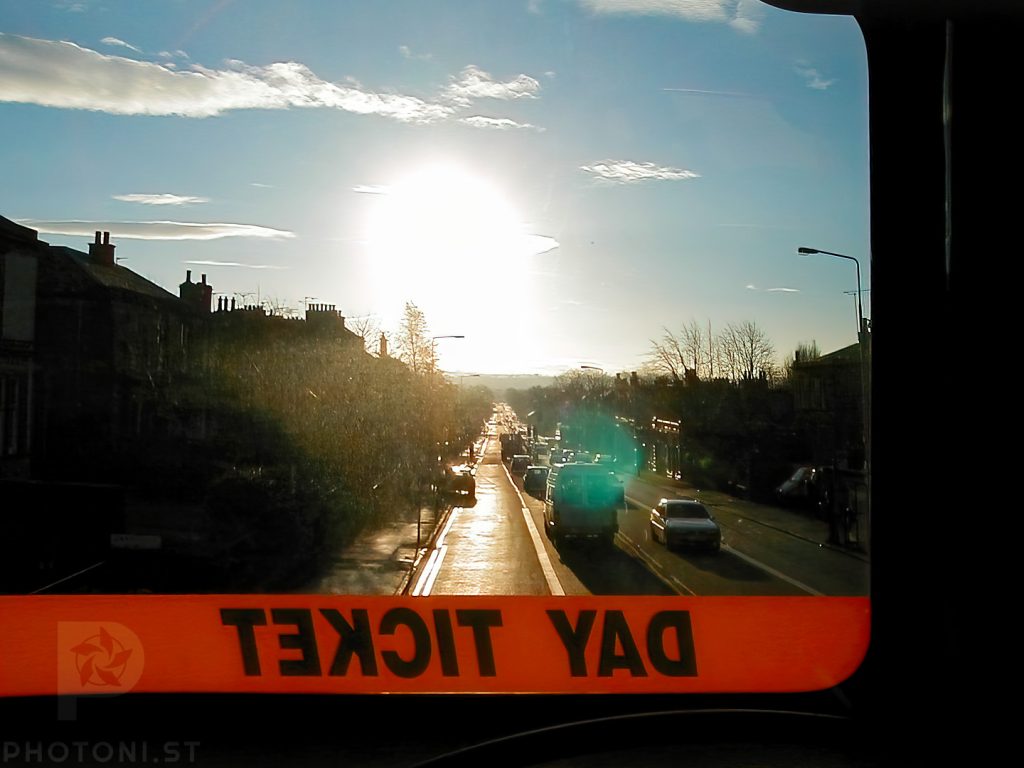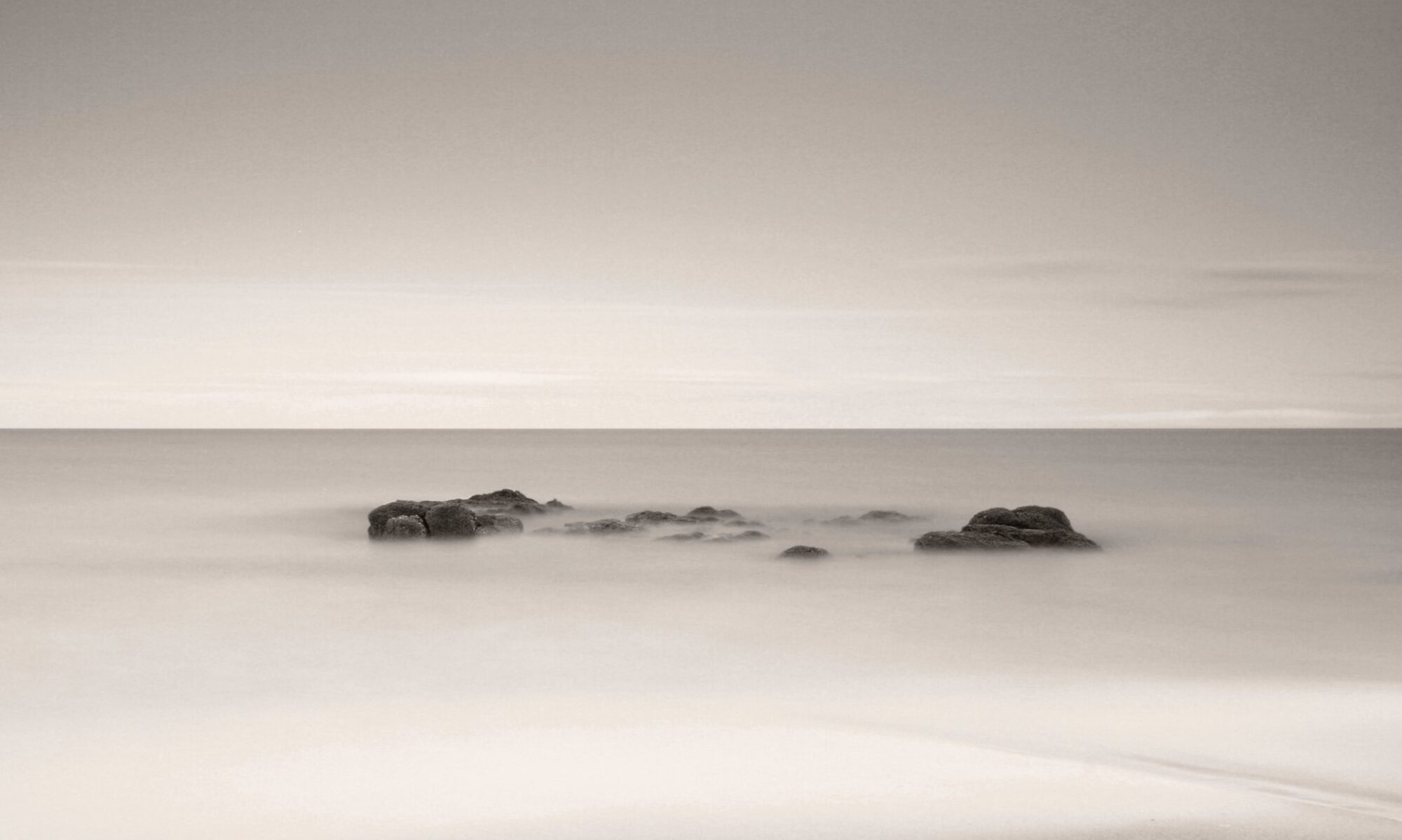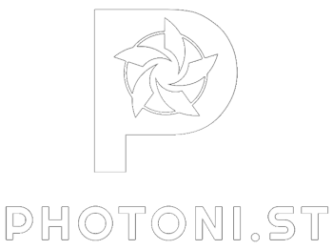I argued a few weeks ago how serious image-making is similar in many ways to scientific research: photographers, like scientists, must master specialised terminology, analyse minute technical details, and engage in lengthy theoretical discussions to truly understand their craft.
I touched on the opposite argument when mentioning how images are consumed on IG and other social media platforms. But there is a larger argument to be had here: photography shouldn’t require a PhD to be appreciated.
As I mentioned when I started this newsletter, I use writing to argue with myself. And in the case of this discussion, I wasn’t entirely finished. But having the whole argument in a single post would have made it way too long and too complicated. This is essentially part 2 of the argument.

A large part of photography making through (recent) history hasn’t required understanding how the images were created to relate to the photos. For example, Dorothea Lange’s “Migrant Mother,” arguably the most influential American photograph of the 20th century, doesn’t derive its power and significance from viewers’ understanding of Lange’s compositional theories or technical choices. The image changed government policy because it delivered an immediate, visceral recognition of human suffering. No decoder required.
That photograph worked precisely because it bypassed intellectual filters and connected directly with human empathy. The moment you need a seminar to explain why an image matters, you’ve probably created something that matters more to photographers than to the world photography is supposed to illuminate.
Photography emerged as a revolutionary democratic medium. Unlike painting or sculpture, which required years of technical training, photography promised to put visual storytelling in everyone’s hands. Granted you needed to have a good knowledge of chemistry and the developing process, but comparatively to years of apprenticeship it was easily within grasp of most people (who could afford it). Street photography, photojournalism, and yes, even Instagram culture, all grew from this democratic impulse.
Conversely, when photographers retreat into specialised language and closed conversations, they’re not elevating their medium. They’re diminishing it. They’re transforming photography from a tool of human connection into an academic exercise that serves primarily to exclude.
Photography doesn’t work this way. A photograph doesn’t become “truer” because you can articulate its tonal gradations or compositional weight. The image either provokes response or it doesn’t. Unlike scientific findings, photographic impact can’t be peer-reviewed into existence.
It’s easy to dismiss immediate emotional response as shallow “dopamine hits.” This reveals a fundamental misunderstanding of how visual communication works. The capacity to provoke immediate response isn’t photography’s weakness: it’s its superpower.
When Sebastião Salgado documents environmental destruction or when a smartphone photographer captures a moment of urban poetry, the value lies in the instant of recognition, not in subsequent theoretical analysis. The best photographers throughout history understood this: make pictures that work first, theorise about them later if absolutely necessary.
True elitism in photography isn’t about demanding technical excellence or artistic ambition. Real elitism emerges when photographers create barriers to understanding, when they prioritise insider knowledge over universal communication, when they mistake complexity for depth.
Photography’s greatest practitioners, from Walker Evans to Vivian Maier to contemporary Instagram poets, succeeded because they understood that the medium’s power lies in its accessibility, not its difficulty.
Photography works best when it functions as intended: as immediate visual communication. The moment we require academic interpretation to unlock an image’s meaning, we’ve probably failed at the fundamental task of making pictures that matter.
This doesn’t mean abandoning craft or critical thinking. It means remembering that photography’s ultimate test isn’t whether it generates lengthy discussions among insiders, but whether it connects with human experience quickly and powerfully.
So overall, I don’t have a definite answer. It’s true that the best photographs don’t need dissertations. They need only eyes willing to see. But at the same time, all art is interpreted and as soon as you allow interpretation, you allow arcane knowledge, specific jargon, and geeking out on details to appear.
#Photography #Theory #Opinion #IMayBeWrong #PhotographyTheory

